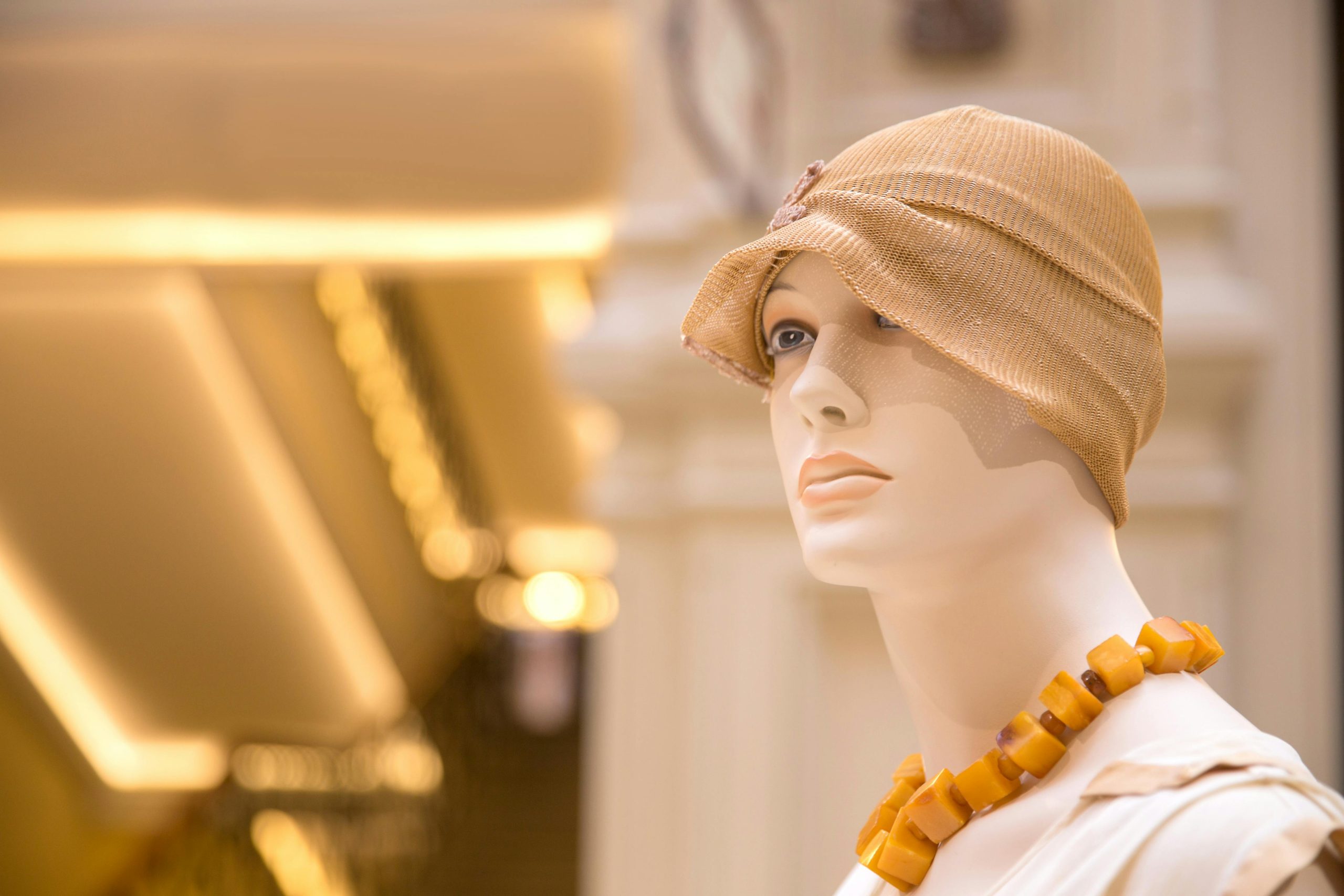Advancement of Artificial Intelligence in the Fashion Industry
In recent years, the fashion industry has undergone radical transformation. Artificial Intelligence (AI) has not only changed the game but opened up unimaginable possibilities in a myriad of sectors and the world of fashion is no exception. Who would have thought that fashion businesses would be able to predict trends, tailor products to individual tastes and help with inventory management. The AI in the fashion market has also grown exponentially. It will close at $1.28 billion in 2024 at a CAGR of 41.6%. There is a significant change in the way products are designed, manufactured, marketed and sold.
Back in the day, fashion designers would make new styles on the basis of trial and error. Today, the process is more organised, efficient and accurate. From design to marketing and sales, AI has completely changed the way the fashion industry runs. Beyond numbers, AI is redefining how fashion products and apparel are produced, created, marketed and sold.
Through this blog, we aim at analysing how artificial intelligence is a win-win for both consumers as well as businesses.
Benefits of AI to a Fashion Business
Trend Forecasting
There are no two thoughts about the fact that the fashion industry thrives on trends. Consumers too always want something trendy and stylish. Well, AI has proven to be invaluable in this aspect. You’re probably wondering how AI helps brands anticipate and capitalise on new trends. AI algorithms analyse enormous amounts of data across fashion blogs, social media, online sites and consumer buying habits. The analysis even extends itself to colour schemes, styles and fabric choices. After consolidating all this data, AI can predict trends, and what colours will be popular in the coming seasons. This gives designers and manufacturers a chance to stay ahead of the curve. Trend forecasting has been a big boon for the fashion industry. With this, designers can combat oversupply and minimise dead stock.
Inventory Management & Supply Chain Optimisation
Managing inventory in the fashion industry has been a constant struggle for decades. Besides excess inventory or oversupply, stockouts have also led to missed sales opportunities and financial losses. Thankfully, companies are now using AI to ensure every step of the manufacturing and delivery process is seamless. Overproduction and fast fashion are detrimental to the environment. Artificial intelligence allows better inventory management as the algorithms can analyse data to predict demand accurately. This not only helps companies save costs but also gives them a chance to adopt a sustainable and eco-friendly approach towards fashion.
While trend forecasting and inventory management are the benefits of AI from the business point of view, AI has improved the consumer buying journey considerably as well.
Benefits of AI to a Fashion Consumer
Fashion Recommendations
Consumers are reaping the benefits of AI in the fashion industry as it gives them a highly personalised shopping experience. Today’s shoppers are indecisive and have no time. AI-driven recommendations are improving a consumer’s buying journey. The algorithms analyse past purchases, user preferences and data from social media platforms to suggest outfits and products that resonate with individual styles. This kind of personalised experience helps in customer conversion.
Virtual Try-ons and Sizing
As mentioned earlier, AI can improve the online shopping experience. A lot of online shoppers feel left out as they feel there is a lack of representation in model images. Sizing and fit issues are common when one shops online. However, artificial intelligence can solve this by helping consumers try on clothes and shoes virtually before they purchase it. Sounds unbelievable, right? With augmented reality and various try-on technologies, consumers can actually stimulate how a particular piece of clothing will look on them. With this feature, consumers won’t have to visit a retail outlet to try the product on, and plus minimises the chance of returning ill-fitting items. Both consumers and retailers are thankful for this feature. Online stores can even have AI-powered chatbots to give customers the same experience as an offline store. For example, these bots can answer questions, help customers with product queries and offer personalised recommendations.
The Future of AI in the Fashion Industry
The potential of AI is going to be much more than we can think of in the years to come. This is only just the tip of the iceberg. A fashion business should not look at AI as a fleeting trend but as the dawn of a new era. In the next decade, AI is only going to drive more efficiency, sustainability and creativity. If fashion retailers want to stay ahead of the curve and reshape their business model, they must leverage the potential of artificial intelligence.
As an aspiring fashion student, you can pursue a BSc. In Fashion and Apparel Design and Management from Vogue, Bangalore. From fashion marketing to merchandising and fashion sustainability, the programme gives students a chance to express their creativity and foray into the fashion industry.




